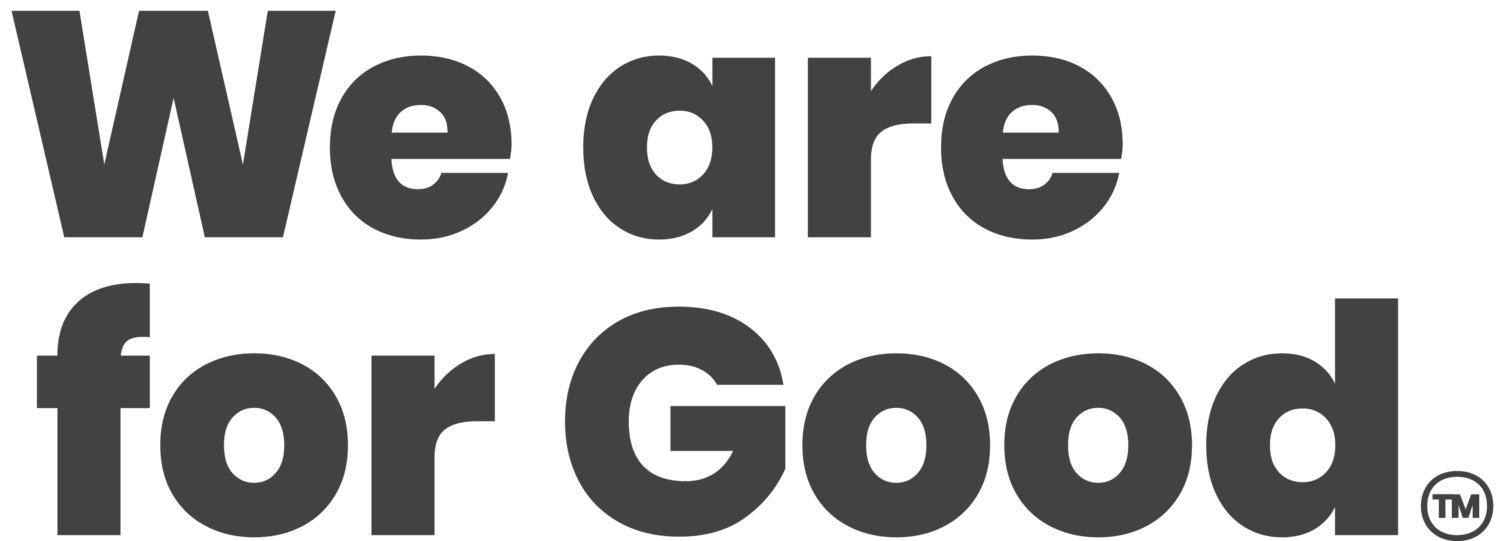4 Basic Components to Include in a Fundraising Contract - Sandra Davis
4 Basic Components to Include in a Fundraising Contract - Sandra Davis
Even for nonprofits who are trying to take inspiration from entrepreneurship and operate with a “business strategy,” contracts can be intimidating. Nevertheless, they are also incredibly important in creating clear legal parameters between two parties. They not only help both parties identify their responsibilities in an agreement, but they also protect each side from risk. When you’re hiring a fundraising consultant from outside your organization, a contract will be essential to creating a healthy (and legal) working relationship.
Donorly’s guide to hiring a fundraising consultant can help you get off on the right foot with a new partner, but even when you establish mutual trust, it’s still important to have a contract in place. This will help you set boundaries and expectations, which not only is important for legal reasons, but also makes it easier for both parties to know what is expected of them.
Contracts don’t have to be complicated or imposing. Including these four basic components in your fundraising contract will make it easier for you to write the perfect agreement:
Duration of the engagement
Services the consultant will provide
Clear outline of the compensation your organization will provide
Conditions both parties must follow
We’ll cover these in more detail and discuss why they’re important to make sure you’re ready to write a great contract ahead of your next major fundraising initiative. Let’s get started!
1. Duration of the engagement
When you choose to undertake a large fundraising campaign, like a capital campaign, you need to be prepared for the long haul. Depending on your project, this campaign might need to run for several years before it is complete. Managing such a long-term project takes a lot of planning and continued dedication.
Due to the extensive timeline with an uncertain end date, it’s important that your contract includes how long you expect to work with your fundraising consultant. You may not be able to give concrete dates or hourly expectations, but you can still determine stages of the process (more on this in the next section) that your consultant should be involved in, certain deliverables to indicate the progress or completion of a stage, as well as any other measurable factors that work best for you and your consultant.
No matter how you choose to define your project’s timeline, your expectations for when your consultant will come on board and how involved they will be with each stage should be clearly stated in the contract to avoid any confusion.
2. Services the consultant will provide
In addition to giving a broad overview that encompasses the entire project, dive into the nitty-gritty and explain the specific services you expect your consultant to provide. Some services that are typically offered include:
Fundraising feasibility studies. This is an important first step in identifying if your organization is ready to take on a project as large as a capital campaign. A fundraising consultant will help you identify key stakeholders, perform the necessary interviews and data analysis, as well as help you strategize around how to move forward based on the results of your feasibility study.
Campaign strategy development. Especially if this is your first capital campaign, it can be a huge help to have someone experienced on your team to lead the way. Even if this isn’t your first time as an expert, the job of a fundraising consultant is to make your campaign as successful as possible.
Fundraising training. When it comes to actually securing funds for your campaign, it can be helpful to have many team members on board to maximize your efforts. However, not all of your team members may have experience with fundraising, or at least not for a fundraising campaign of this size. Your consultant can prepare your team to execute the campaign strategy they created for you, whether that means assisting you with prospect research or helping you learn how to better guide donors to your online giving tools.
Prospect research. Your fundraising consultant can help you identify potential major donors who can help fund your capital campaign. They will look at things like past giving to your organization and other similar organizations, real estate portfolios, business connections, and past political donations and more, to determine who has the capacity and willingness to help your organization. Fundraising consultants have extensive knowledge of the tools necessary to conduct prospect research most effectively. This would likely take place after the initial planning stage.
Development support. In addition to support for your fundraising campaign, your consultant can also help guide your organization’s overall strategies, administrative procedures, and efficiency. For example, they can address things like improving internal communications, chain of command, board member motivation, and mission relevance.
Ongoing or full-time support. Some consultants may be less involved than others, offering only certain services or only working for a certain period of time. Make sure to find someone who fits your expectations for the level of support you’ll need and include your expectations in the contract to make sure both parties understand it correctly.
Depending on the scope of your project and your past experiences with capital campaigns, you may not need every service that a fundraising consultant offers. The most important thing is to find someone who fulfills your needs, and then make sure to clearly delineate these required services in the contract.
3. Clear outline of the compensation your organization will provide
Payment is one of the most basic elements of a contract and should always be reviewed before signing a contract. Payment details should be clearly dictated in the contract so there are no negotiations or disagreements once you’re further into the process. There should be no surprise fees or costs on your end, and your consultant should also know exactly what compensation they will be receiving.
When choosing a fundraising consultant, you’ll have to find someone within your budget. This can vary a lot, so you should talk with your board members to figure out a number or range that you can afford to pay.
There are several different ways that consultants choose to get paid:
Daily rates for support and services
Fixed, per-project fees determined in advance
Subscription-style fees for ongoing support
To avoid any confusion, you should also agree upon the type and schedule of payments in your contract. If necessary, depending on how you’ll be paying your consultant, you may want to identify a method for measuring time or deliverables.
4. Conditions both parties must follow
When it comes to ongoing projects, there will likely be unexpected roadblocks that arise and must be resolved to move forward. You can’t anticipate all of these and can’t expect to address them all in your contract. However, there should be conditions included in your agreement to clearly outline which parties are responsible for specific actions.
This is especially important for communicating what will be considered a breach of contract. Ideally, you have found a wonderful fundraising consultant who is a great fit for your team. It’s always great when everyone fulfills their obligations and there are no major problems. However, you want to be prepared for the possibility of an issue arising. This guide from Donorly on how to pick the right prospect research consultant can help you avoid sticky situations.
Breaches can include obstacles like:
Not finishing a job at all or by the predetermined deadline
Not paying for completed work
Turning in inferior work
Including conditions and consequences for breaching aspects of the contract not only makes it more likely for all parties to come out happy, but also shows your consultant up front that you plan to fulfill your obligations and treat them fairly. In the same way that you want to make sure you’re protected, your fundraising consultant will also want to be protected.
Including these four basic components in your contract and making sure you’re up to date on all the fundraising legal requirements will help you have a great experience with your fundraising consultant. Then, once you have a contract created, you can simply renew the contract ahead of future initiatives to continue collaborating on successful campaigns.

Sandra Davis, Founder and President, Donorly
Sandra Davis, Founder and President, Donorly
Founder and President Sandra Davis leads Donorly with 30 years of fundraising experience and leadership. Sandra has consulted on numerous capital campaigns, led strategic planning and feasibility study efforts, and managed board development and recruitment efforts, planned giving, special events, and annual giving programs. Under her leadership, Donorly has grown to support the fundraising efforts of over 75 clients to date.

Sandra Davis, Founder and President, Donorly
Founder and President Sandra Davis leads Donorly with 30 years of fundraising experience and leadership. Under her leadership, Donorly has grown to support the fundraising efforts of over 75 clients to date.
